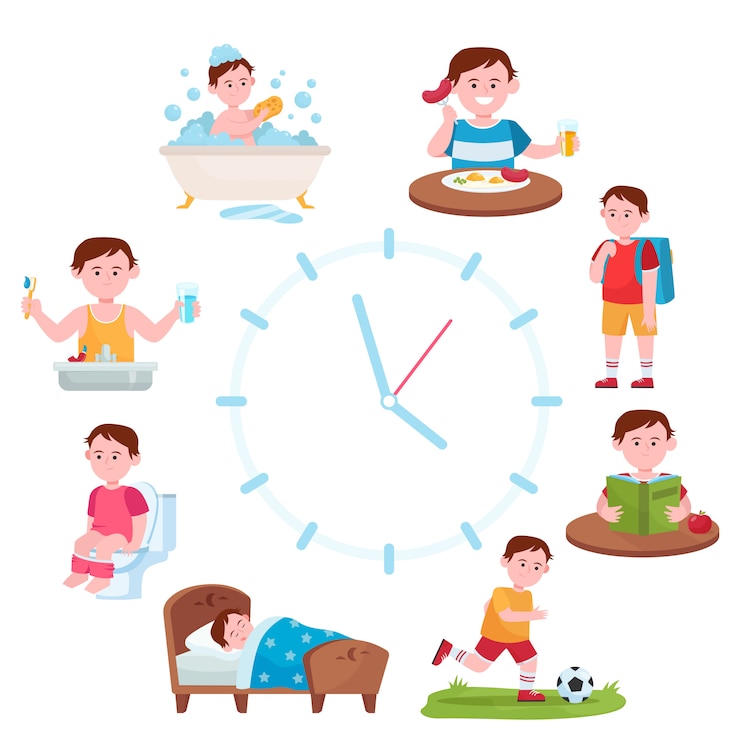
Inside, you’ll discover valuable skills to help an angry child develop emotional regulation, fostering a more tranquil home environment.
**Table of Contents**
**Introduction**
When raising a child with intense emotions who hasn’t yet learned proper coping skills, life can be unpredictable, with frequent highs and lows creating family chaos.
It’s not uncommon for exhausted parents to come to my therapy office, sharing their own frustrations about how to handle constant negative behaviors. They express feelings like: “We can’t seem to get more than five minutes of peace at home. He struggles to get along with his sister, and his outbursts leave everyone on edge. I’ve tried everything from taking away privileges to timeouts, but nothing works!”
So, how can you best support an angry child and tackle anger management in kids?
Noisy and disruptive behaviors often trigger our own deep-seated emotions, sometimes without us even realizing it, disrupting our parenting vision. So how can you navigate the chaos of your highly emotional child while being the strong parent they need?
The answer is to look inward.
When I suggest parents reflect on their own emotional states during their child’s outbursts, it can sometimes be met with resistance. In our parenting culture, the focus often shifts to the child and their behavior. While it’s important to observe these behaviors to understand the underlying needs better, focusing on your emotional well-being is a quicker path to restoring peace at home and helping your child manage anger effectively.
As a parent, you set the tone for your family environment, whether your child is intense or not. Your sensitive child is highly attuned to your energy, constantly observing and learning from you. While self-reflection and emotional management don’t happen overnight, starting the process is possible with some simple questions.
**Reflect on Your Reactions**
A sensitive child experiences numerous emotional highs and lows due to their intense nature. As their emotional regulation skills are still developing, they need you to be a calm, confident, and supportive presence. Demonstrating your emotional regulation skills is crucial to helping them manage their own.
As a parent of an intense child, your own deep-rooted emotions may be frequently triggered, often linked to past experiences or ingrained beliefs. For example:
– “I need to stop this now or I’m condoning this behavior.”
– “My child needs to manage their behavior!”
– “People will think I’m a bad parent if my child is having a tantrum.”
– “If they act like this, they’ll never make friends!”
By distinguishing your own story from your child’s, you can better address the needs driving their disruptive behaviors and stay emotionally balanced and supportive.
**Prepare for Challenging Situations**
As humans, we won’t always overcome stress hormones and an overactive emotional response. Planning ahead for stressful parenting moments can significantly increase your chances of success, even when under pressure. Negative thoughts hinder your ability to be a strong, stable parent, so practice self-compassion and devote time to repairing and connecting with your child.
After weeks of reflection, planning, and problem-solving, parents often feel empowered and confident, understanding that the key to helping an angry child is in looking inward and taking responsibility for their behavior instead of merely trying to control their child.
Turning your focus inward is the first step to creating a more peaceful home.
As Mahatma Gandhi says, “Start changing yourself if you want to change the life around you.”
**Learn Essential Parenting Skills**
Join 30,000 other intentional parents and subscribe to the Parents with Confidence weekly email, where you’ll receive a FREE 5-day email parenting course. You’ll learn:
– How to protect your child’s self-esteem
– How to gain your child’s cooperation
– The most valuable skill your child can have for the future
– How to discipline your child without emotional harm
Join us for this journey, and start fostering a healthier, more harmonious home environment today.
*Disclaimer: We respect your privacy and won’t send you spam. Unsubscribe anytime.*



